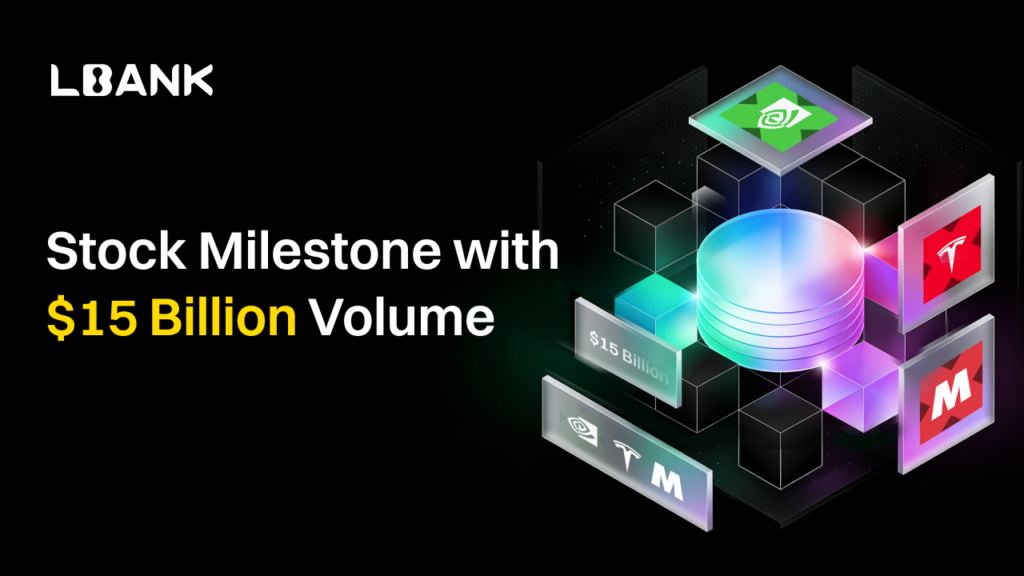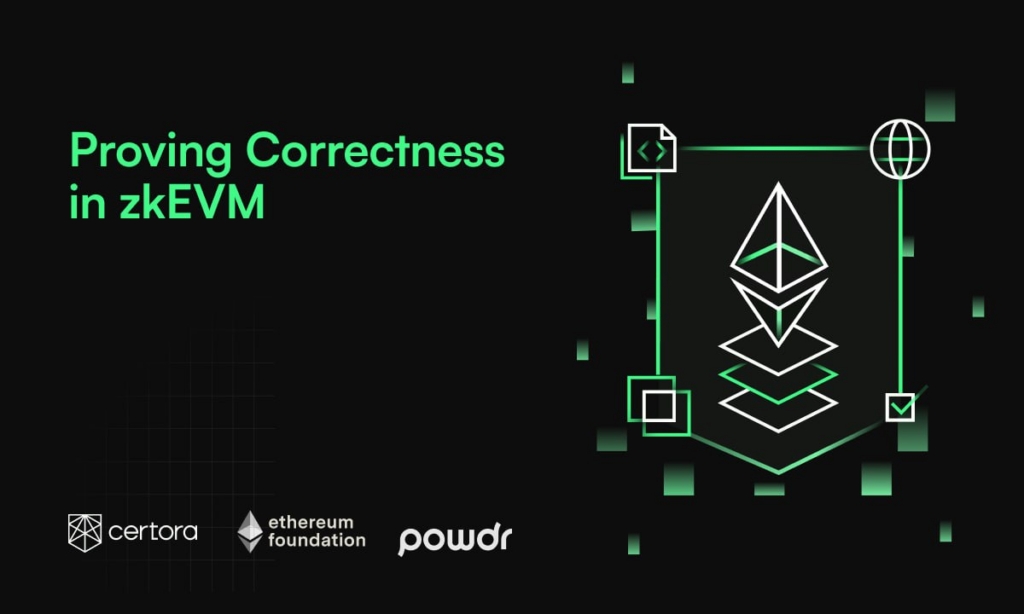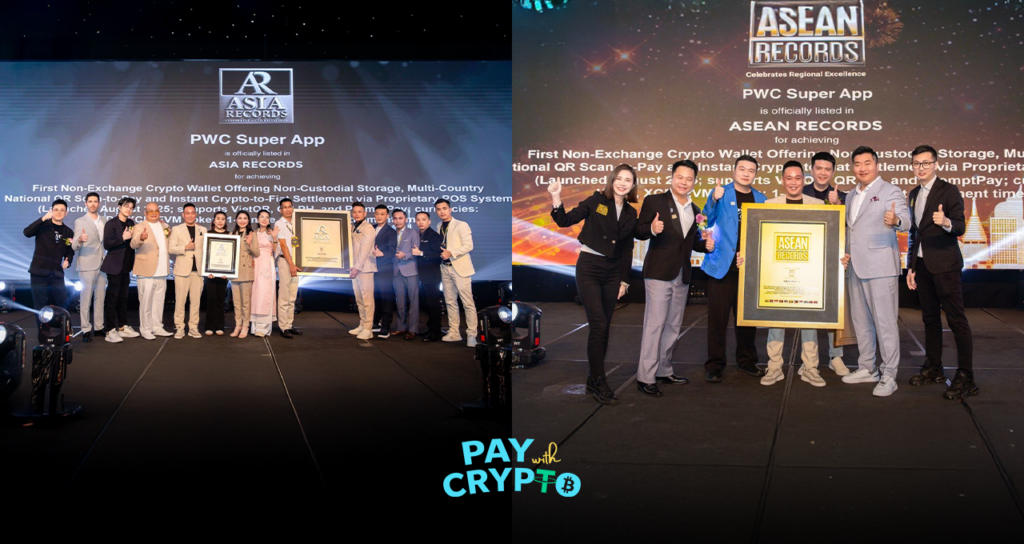Pavel Durov, the founder of Telegram, has declared the introduction of a Mini App store and an in-app browser with Web3 compatibility, scheduled to be released by the conclusion of July.
The objective is to establish Telegram as a significant participant in the adoption of blockchain technology. This development capitalizes on the triumph of Telegram Mini Apps, which are efficient, JavaScript-driven services utilized for diverse functions such as commerce and gaming.
More than 500 million users actively interact with mini-applications monthly, engaging in activities like purchasing things, accessing services, and playing games.
The incorporation of the TON blockchain has increased in cryptocurrency-based games, particularly after the triumph of the Notcoin tap-to-earn game.
Durov’s objective is to position Telegram as the focal point of blockchain’s societal revolution, asserting that the year 2024 will be renowned for introducing blockchain to hundreds of millions of people.
Nevertheless, several cryptocurrency aficionados, like Woody Lightyear, harbor skepticism over the long-term sustainability of the tap-to-earn trend. They argue that while the culture of Telegram mini-app gaming holds significant promise, no team is currently recognizing its limitations and developing effective measures to counteract them.
In order to tackle these problems, Durov implemented additional security and decentralization functionalities. These include displaying the month and country of registration for public user accounts, similar to Instagram, and enabling organizations to utilize their mini apps to generate labels for channels. Furthermore, a decentralized marketplace was established to facilitate third-party verification.



